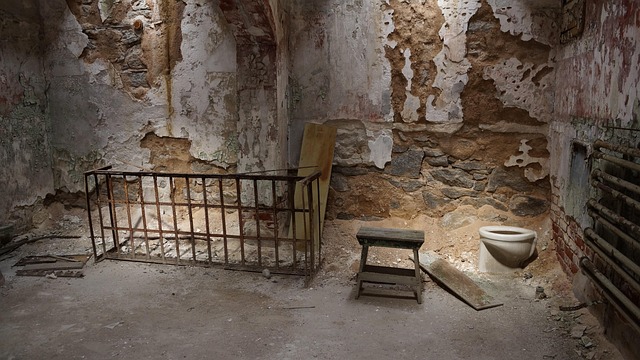For High-Risk Reoffender DUI Management, home ownership provides a strategic shield against legal issues and financial turmoil, demonstrating stability to the justice system. It offers permanent housing, controls living situations, builds equity, generates passive income, and preserves privacy—crucial elements for effective management. However, preserving home ownership is challenging due to legal complexities, financial constraints, and past DUI history. Proactive measures like robust security features and understanding local laws are essential to ensure peace of mind and protect homes from unforeseen circumstances related to criminal histories.
“In the realm of asset protection, home ownership stands as a formidable shield for individuals, especially those facing challenges like past DUI convictions. This article delves into the intricate relationship between homeownership and risk management for high-risk reoffenders. We explore how securing real estate can mitigate potential legal repercussions and serve as a stable foundation. Understanding the complexities involved is crucial, as we navigate strategies to safeguard properties and offer practical steps towards building a safe haven.”
- Understanding High-Risk Reoffender DUI Management: The Significance of Home Ownership as an Asset Protection Strategy
- Challenges and Considerations: Navigating the Complexities of Protecting Property for At-Risk Individuals
- Building a Safe Haven: Effective Steps to Secure Your Home and Guard Against Potential Legal Consequences
Understanding High-Risk Reoffender DUI Management: The Significance of Home Ownership as an Asset Protection Strategy

For individuals facing a past or potential High-Risk Reoffender DUI Management, home ownership can be a powerful asset protection strategy. Securing real estate offers a unique advantage by providing a tangible and valuable asset that can serve as a shield against legal repercussions and financial instability. In many cases, owning property demonstrates maturity, responsibility, and a commitment to stability—qualities that can positively influence the perception of individuals within the justice system.
When considering High-Risk Reoffender DUI Management, having a home allows for a sense of security and control. It provides a permanent residence, which is especially crucial if facing potential housing restrictions or community service requirements. Furthermore, property ownership enables individuals to build equity, invest in improvements, and potentially generate passive income—all while enjoying the privacy and freedom associated with homeownership.
Challenges and Considerations: Navigating the Complexities of Protecting Property for At-Risk Individuals

Protecting an asset like home ownership can be particularly challenging for individuals at risk, such as high-risk reoffenders or those managing a DUI (Driving Under the Influence). The complexities arise from various legal and practical considerations that require careful navigation. For instance, strict conditions imposed by parole officers or court orders might limit an individual’s autonomy in managing their property. This could involve restrictions on selling, renting, or even making routine repairs without approval.
Additionally, financial constraints and a history of legal issues can make it difficult to maintain adequate insurance coverage for the property. High-risk reoffenders may face higher insurance premiums due to their status, while DUI survivors might struggle with financial instability post-incident. These challenges underscore the need for tailored strategies that address both the legal and financial complexities involved in protecting home ownership for at-risk individuals.
Building a Safe Haven: Effective Steps to Secure Your Home and Guard Against Potential Legal Consequences

Owning a home can be a significant step towards financial stability and security, but it’s crucial to understand that this asset requires active protection, especially for individuals facing potential legal challenges. For those who have been labeled as high-risk reoffenders or are dealing with DUI management, securing your home becomes even more critical. Here are effective steps to fortify your sanctuary against unforeseen circumstances:
First and foremost, ensure your property’s physical security by investing in robust locks, surveillance systems, and fortified entry points. These measures deter intruders and provide invaluable peace of mind. Additionally, familiarize yourself with local laws and regulations regarding home ownership for individuals with a criminal history. Understanding your rights and obligations is essential to navigating potential legal complexities.
Home ownership can serve as a powerful shield for at-risk individuals, particularly those facing DUI charges, by offering asset protection. As discussed in this article, understanding the complexities of high-risk reoffender DUI management is crucial. By taking proactive steps to secure their homes, individuals can create a safe haven, mitigate potential legal consequences, and build a strong foundation for their future. Remember that, in navigating these challenges, seeking professional guidance is essential to ensure compliance with legal requirements and maximize the protective benefits of home ownership.






